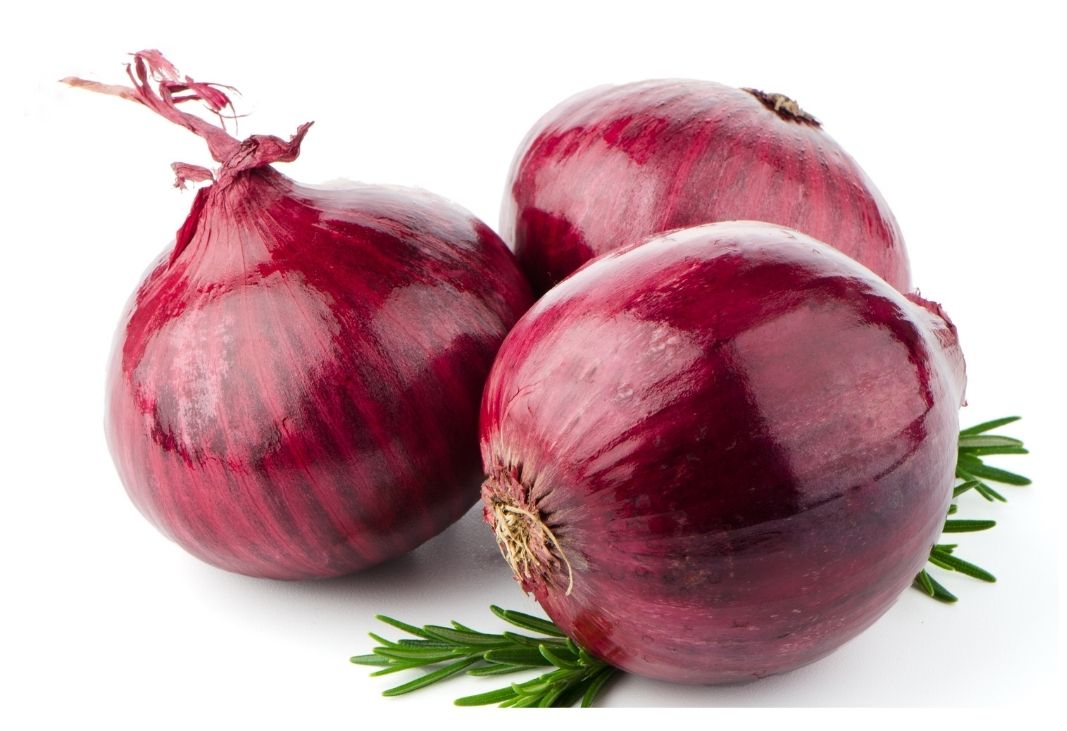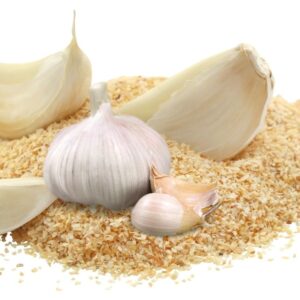Key Characteristics:
Appearance: Light to medium brown or off-white flakes, granules, or fine powder.
Flavor: Concentrated, pungent onion flavor, somewhat milder than fresh onion but still strong and aromatic.
Texture: Dry and brittle in flakes or granules, smooth and powdery if ground.
Usage: Commonly used as a seasoning or ingredient in soups, sauces, spice blends, snacks, and ready-to-eat meals. It rehydrates quickly when added to liquids.
Storage: Should be kept in a cool, dry place, away from moisture to prevent clumping or spoilage.
Shelf Life: Typically long-lasting (up to a year or more) if stored properly.
Container Capacity
| Type Of Container | SPECIFICATIONS |
| 20 Feet | 14 Metric tons (MT) |
| 40 Feet | 26 Metric Tons (MT) |
Key benefits of dehydrated onion
1. Long Shelf Life
Benefit: Lasts significantly longer than fresh onions (up to 1–2 years when stored properly).
Why it matters: Reduces waste and frequent trips for fresh produce.
2. Convenience
Benefit: Pre-cut and ready to use — no peeling, chopping, or tears!
Why it matters: Saves time in food prep, especially in bulk or commercial cooking.
3. Space-Saving
Benefit: Dehydrated onions are compact and lightweight.
Why it matters: Ideal for storage in small kitchens, emergency kits, camping, and backpacking.
4. Versatile Usage
Benefit: Available in flakes, granules, powder, minced, or chopped form.
Why it matters: Can be used in soups, sauces, spice blends, marinades, snacks, and processed foods.
5. Cost-Effective
Benefit: Often cheaper over time than fresh onions, especially when bought in bulk.
Why it matters: Helps reduce kitchen or production costs.
6. Reduced Waste
Benefit: No peels, bruised layers, or spoilage.
Why it matters: Environmentally friendly and efficient for food service operations.
7. Consistent Flavor and Quality
Benefit: Uniform taste and texture across batches.
Why it matters: Important for manufacturers and chefs aiming for consistency in recipes.
8. Easy to Rehydrate
Benefit: Quickly absorbs water and regains texture close to fresh onions.
Why it matters: Useful when fresh onions are unavailable.



